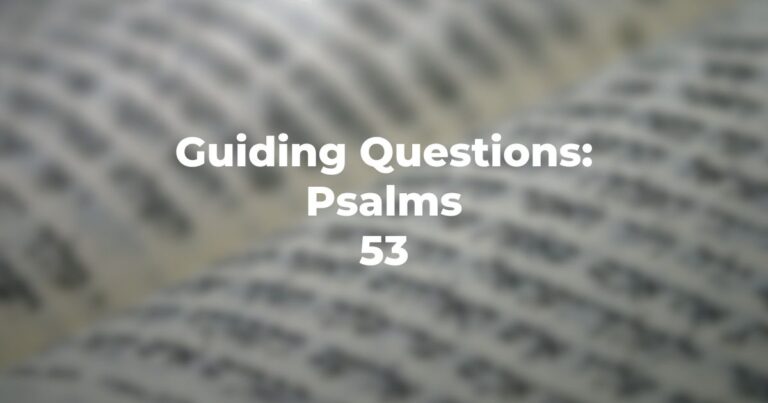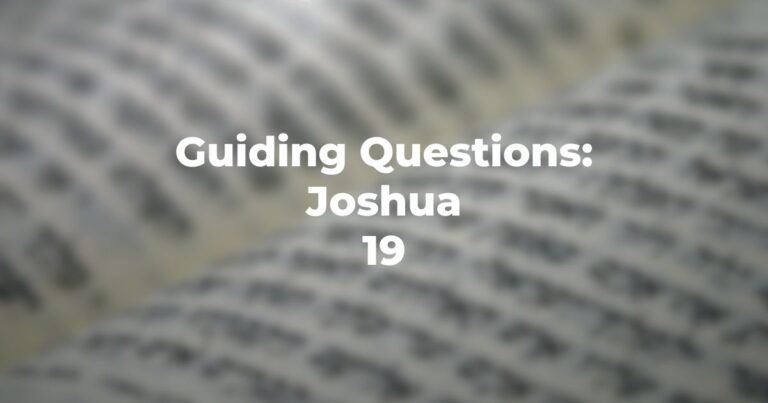- What is the “unfinished business” that is addressed in the opening portions of this chapter? Is his done with any “tension” or with a sense of relaxed satisfaction by both parties?
- But, there is a rapid change — when the two and a half tribes build a “mizbay’ah.” Why?
- The representatives (Joshua 22:16) indicate that the building of an altar was a “rebellion against God.” Why? How is this a rebellion?
- Joshua 22:19 indicates that no altar should be built “save for the altar of Adonai our God.” Where was that altar?
- How is the transgression of Akhan in taking from the prohibited property of the destruction akin — in the minds of those who so state — to what the Reubenites, the Gadites had done?
- What is the response of the accused groups? Do they in any way draw back from fealty or loyalty?
- What special function do they see for the item which they have built — is it intended to be used in the same fashion as (for example) the mizbay’ah close onto the Tent of Meeting?
- Is the argument advanced accepted by the representatives of the westernmost groupings? What seems to be missing from Joshua 22:34?
- The portent of this chapter in terms of multiple sites of worship would seem to have a very specific message. What did it mean to communicate to the reader (or the auditor)?
Author
-

Exploring Judaism is the digital home for Conservative/Masorti Judaism, embracing the beauty and complexity of Judaism, and our personal search for meaning, learning, and connecting. Our goal is to create content based on three core framing: Meaning-Making (Why?), Practical Living (How?), and Explainers (What?).
View all posts




